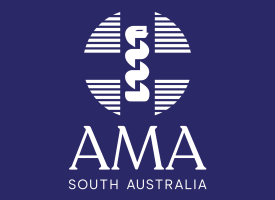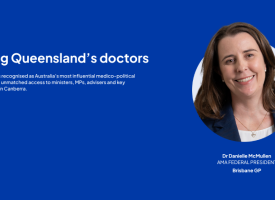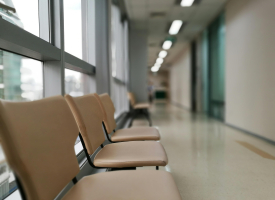HELP relief for doctors wanting to work outside metro Australia welcomed
The AMA says the initiative must be backed by a strong rural training pathway

The AMA says the initiative must be backed by a strong rural training pathway.
The AMA says this week’s announcement by the Federal Government to waive HELP debt for doctors and nurses who work in remote and regional areas is good news but says it’s not a complete solution to the decline in GP specialists across Australia.
From 1 January 2022, the Government will completely eliminate an individual’s Higher Education Loan Program debt after they have worked in a General Practice in a rural, remote or very remote location for a specified period of time. The conditions include:
-
MM6-7: half of degree length (usually 2 or 3 years for medical practitioners and one year for nurse practitioners)
-
MM3-5: full length of degree
-
Partial elimination [50%] is available if an individual has worked for half of the specified time periods above.
-
Practitioners must have provided a minimum level of MBS billed services (equivalent to 24 hours per week) during that time
The Federal Government says it’s hoped the program will address the acute shortage of general practitioners in many regions.
Regional Health Minister David Gillespie said doctors and nurses who agree to the conditions will “basically will be getting all of their HELP back, so that can be up to $100,000 for students studying medicine”.
"This is a significant incentive for junior doctors and nurses as well to look at an early career in rural areas," he told the media.
The AMA has strongly supported HELP relief as a positive incentive to encourage doctors to work outside of metropolitan areas, but says changes are still needed to the employment model for GP registrars to attract them to a career as a GP.
The AMA also states the new initiative must align with a strong rural training pathway which provides positive clinical and training experience to encourage doctors to live and work in rural areas after they finish training.
Changes to the Distribution Priority Areas (DPA) have also been welcomed by the AMA. The changes have been introduced in response to concerns about access to doctors in Modified Monash (MM) 3+ areas. This will support international medical graduates to work in those areas and provide primary care services to rural communities.
From 1 January 2022, automatic DPA classification will be given to all GP catchments in MM 3 & 4 areas. This means GP catchments in MM3-MM7 areas will all be automatically deemed DPA.



